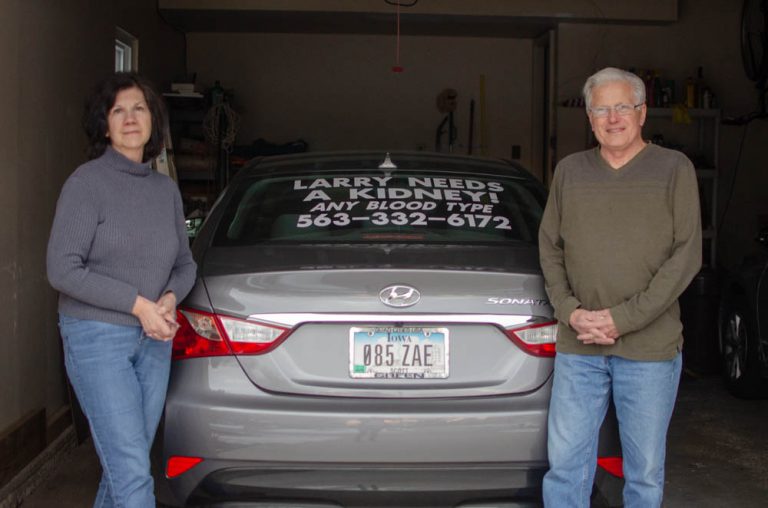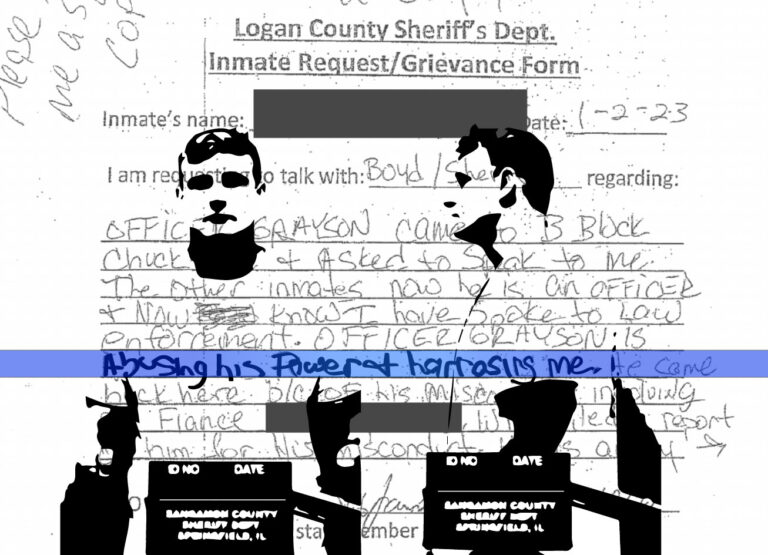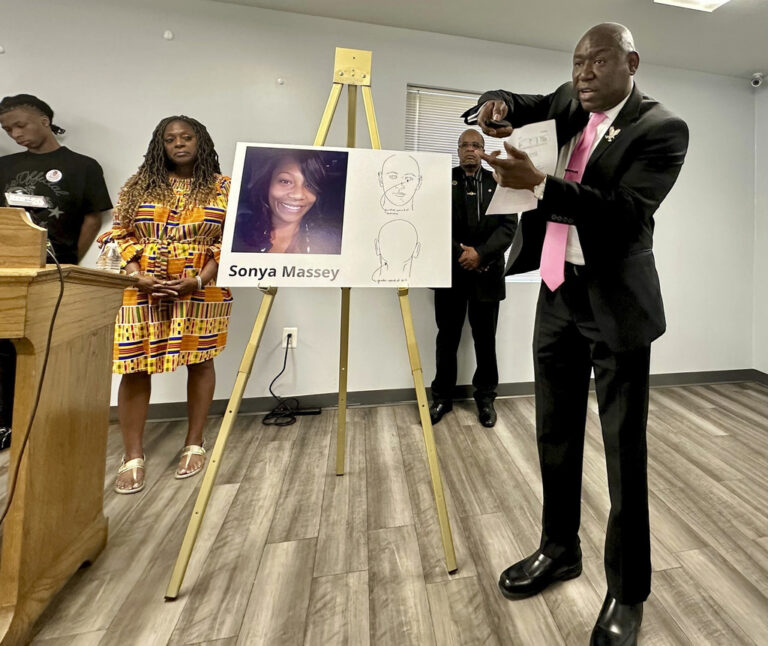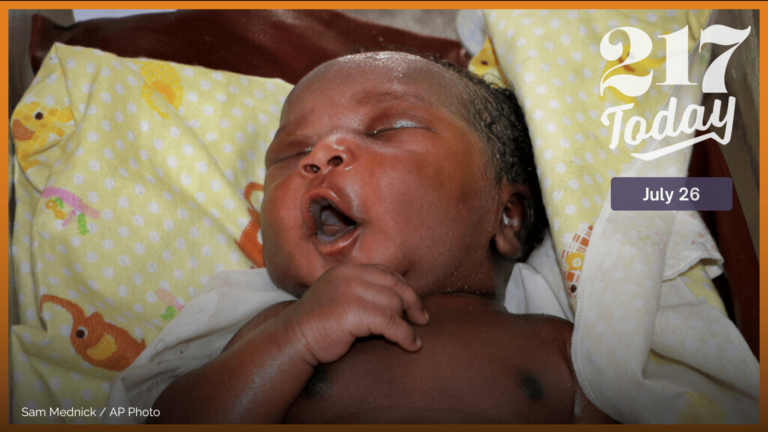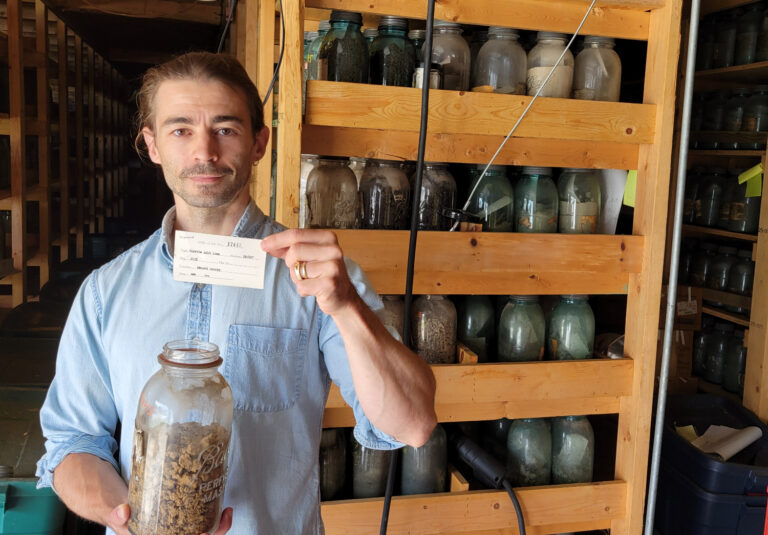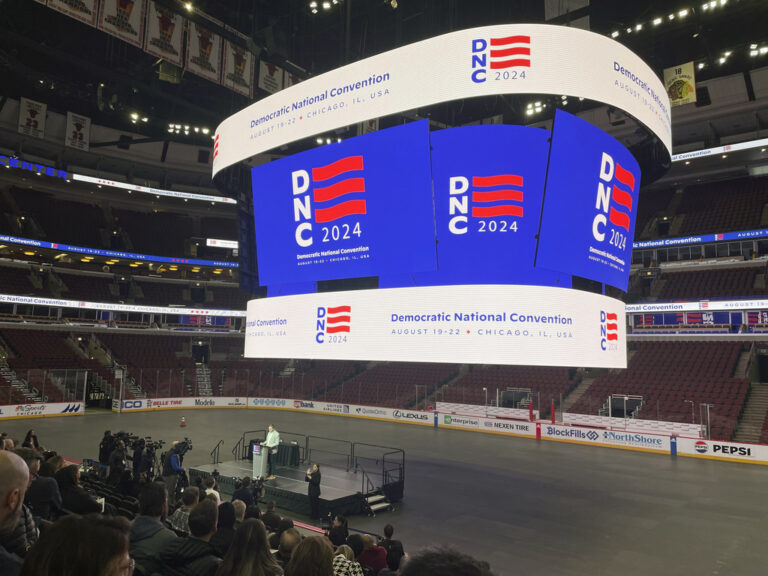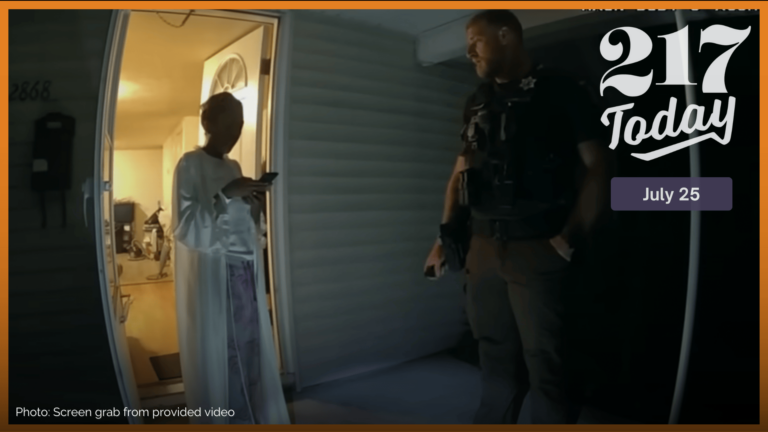Across the country, nearly 95,000 people are waiting for a kidney transplant. And the list has been growing for years. That’s pushed some people to try unusual ways to find donors.
Take 72-year-old Larry Burkholder, who has chronic kidney disease. The Iowan was put on the list for a new kidney last March, but was told the average wait is a long one.
“They say usually it’s typically three and a half years,” he says.
Burkholder turned to Facebook to look for someone to donate a kidney. But no one stepped up.
“Well, a lot of support and prayers, but not a whole lot. Nobody really said, ‘Wow, I’ll give one,’ you know,” he says.

Then Burkholder had another idea. He put a big custom vinyl sticker on the back window of his blue Hyundai Sonata.
“It says Larry needs a kidney, exclamation mark, any blood type, and then my phone number,” he says.
Stickers are also on the cars of his wife, daughter and a friend. Burkholder received a few calls, but none worked out.
“Well, one person wanted me to violate a federal law wanted to know how much money I’d give them for kidney because they were in financial trouble. I told him, ‘That’s a federal law can’t do that,'” he says.
Nationally, about 80 percent of the people in line for an organ transplant are waiting for a kidney, according to the U.S. Department of Health and Human Services.
Alan Reed, director of the University of Iowa transplant program, says an increasing number of people have medical conditions that cause kidney failure. “The largest percentage of people being added to the list have diabetes and high blood pressure.”
Meanwhile, as Baby Boomers age, more older patients are being added to the list. All these factors have created a simple problem of supply and demand.
More than 3,800 people died last year waiting for a kidney, including 18 in Iowa, where Burkholder lives.
(See graphics on the number of Iowans on the kidney transplant list and transplants by kidney type, according to Health and Human Services data.)
“We’re not growing the available kidneys to transplant as quickly as there is a need,” Reed says.

The number of kidneys from deceased donors has rapidly increased in the past few years — due in part to the opioid epidemic.
But the number of living donors has remained flat for years. And there still aren’t enough kidneys to meet the growing demand overall.
To get a kidney faster, Reed encourages his patients to reach out to their community. Still, there aren’t many incentives for donors.
“They may have to be out of work for a period of time,” he says. “They may have to travel and need food and lodging.
There’s actually ways you can get compensated for that. But they don’t necessarily get compensated for all the risk that they take.”
Reed would like that to change, because there are economic and medical benefits for patients to have a living donor.
“That kidney will work better will work faster, will get you out of the hospital sooner and will cost society substantially less,” he says. “You may not have to go on dialysis, you may not need dialysis access and [it] will last you longer than any deceased donor kidney that you can get.”
Des Moines resident Sandy Firestine looked for a donor on Facebook because she has a rare blood type.
“With my blood type, they told me it can be three to five years, which also means I could eventually go on dialysis to try to save my life before a kidney becomes available,” she says.
The 62-year-old has Berger’s Disease, which keeps her kidneys from filtering blood properly. She was put on the list last April.

Firestine’s Facebook post was shared more than 90 times. It caught the eye of Lynn Sucik, who lives in a Des Moines suburb. She volunteered, saying she’s always wanted to donate.
“I just think that we should give back however we can,” Sucik says. “So to me, whether it was someone I knew or someone I don’t know, Sandy, even though I’ve never met her, she’s just as important to me.”
Sucik, 59, isn’t worried about living with only one kidney. “I have researched it and there’s no discernible difference for people that in terms of lifespan if you have one kidney or two.”
Sucik also says missing weeks of work during recovery isn’t an issue. “I’m very lucky that I am retired and don’t need to worry about that.”
Still, Firestine’s wait isn’t over. Sucik needs to complete testing to see if she’s a match before she can donate.
This story was produced by Side Effects Public Media, a news collaborative covering public health.
9(MDM5MjE5NTg1MDE1Mjk1MTM5NjlkMzI1ZQ000))

